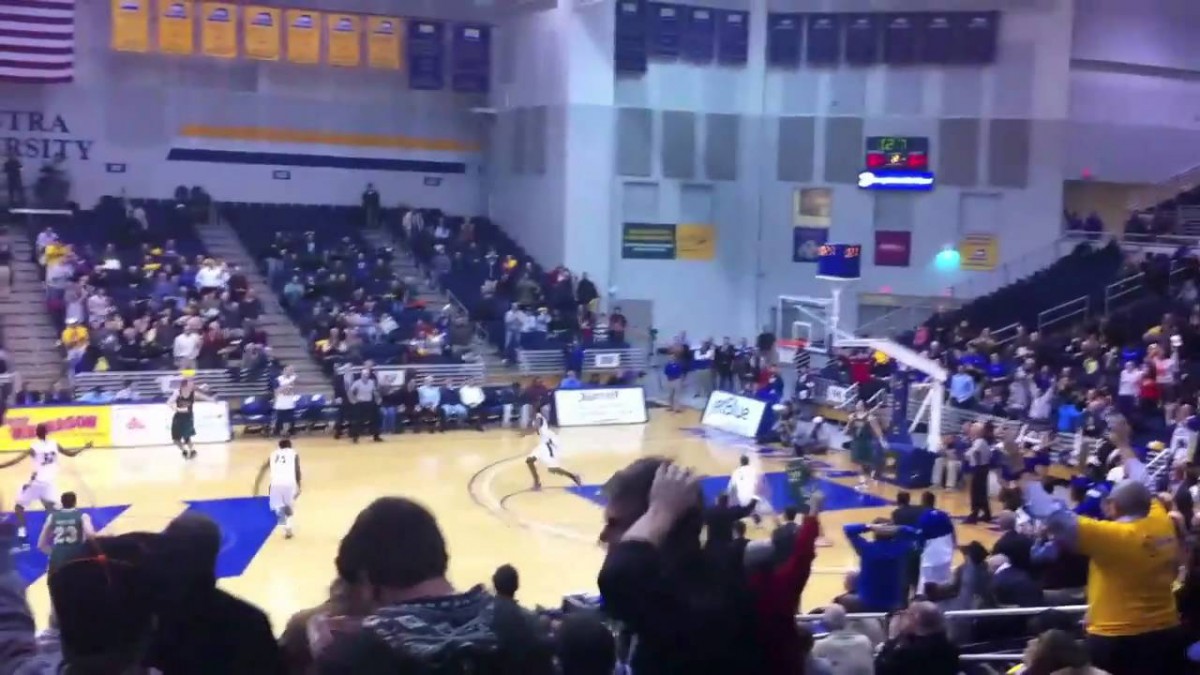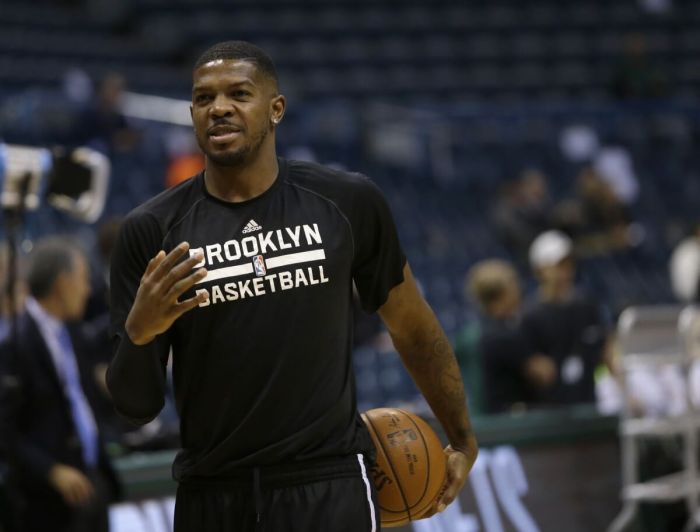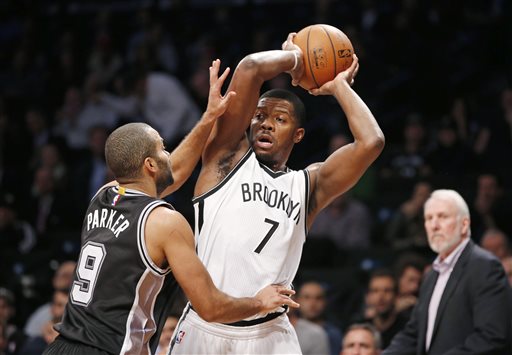The 2011 NBA Draft will soon be upon us, and the Nets are starting to carve out a list of prospects. This week, Nets are Scorching takes a look at the players the Nets might select.
College Stats: 33 GP, 37.3 MPG, 22..6 PPG, 4.8 APG, 3.4 RPG, 0.7 BPG, 1.7 SPG, .517 FG%, .824 FT%, .420 3p%
Charles Jenkins finished his four year career at Hofstra University as the school’s all-time leading scorer and most prolific player in program history (Sorry Speedy Claxton). During his time there, he received many individual accolades, among them was the recipient of the Haggerty Award, an award given to the best Division I player in the metropolitan area. Jenkins became just the third player all-time to win the award three times, joining Jim McMillan and Chris Mullin.
Jenkins is a classic example of a player who had tremendous collegiate success playing at a mid-major college, but against mid-major competition (though you could make the argument that with the final four runs of George Mason and VCU, the CAA is not a normal mid-major conference). During Jenkins’ four years, his team never qualified for the NCAA tournament, thus, Jenkins’ successes in college went relatively unknown to the greater population of the United States.
Here’s what you’re getting if you draft Charles Jenkins: A 6’3″ combination point guard, shooting guard. Jenkins is an example of a “tweener”, a label given to those who don’t fit a prototypical position in the NBA. Jenkins has the game and mentality of a two guard, but his body is better suited as a point guard. As I stated earlier, Jenkins was one of the most consistent scoring guards in the country as a senior. His 22.6 ppg average had him finish sixth in the country in scoring and this was with the opposing defenses’ schemes built almost entirely to stop him.
Despite being considered undersized at his position (SG), Jenkins has solid length and quickness. While he is not the most dynamic athlete in this draft, Jenkins does possess athleticism as well as strength which aids in his finishing at and around the basket. He also possesses NBA three point range and one quick glance at all of his shooting numbers suggests if nothing else, Jenkins can certainly put the ball in the hole with the best of them.
The real question for Charles going forward is, what position will best suit him in the NBA? While he became known for his scoring in college, he does possess the ability to pass and get his teammates involved, as evidenced by his 4.8 assists per game average, which led his conference. Also, it is noted, that at Hofstra, Jenkins was far and away his team’s best player and most reliable scoring option, therefore, it was in his team’s best interest for Jenkins to look for his shot first.
Can he make the types of adjustments necessary to play point guard at the NBA level? Or, is Jenkins enough of a capable scorer, that even despite his lack of size, he’ll still be able to score against NBA guards? These are the questions facing most NBA GM’s as they head into the draft.
Quotable: Outside of his physical tools, Jenkins seems like a high character kid, who has a keen awareness of his own game. Here’s Jenkins on how his game will translate to the NBA:
“One thing that separates me from a lot of other guys is I don’t force things,” he says. “I know I’m not going to get there and finish over a guy like Dwight Howard, but I have a pull up jump shot that I can rely on and I’m a great passer which a lot of people don’t really know. People see my scoring numbers and that’s really all they see, but I’m smart enough to know the ways I’m going to score there.”
Final Thoughts: It is in my opinion that Jenkins will be able to be a contributing guard in this league, given the right situation. I feel as though his ultimate destiny would be that of a combo guard used off the bench to provide back up to both guard positions.
If the Nets select Jenkins at 27, he would give us more scoring depth in our backcourt. Jordan Farmar would still provide most of the primary back up point guard duties, Jenkins could fill in nicely as the third point guard and second or third shooting guard shooting guard on our depth charts. With the size that Deron Williams has, Jenkins could easily play in the backcourt alongside Williams, without the Nets sacrificing much on the defensive end.
That being said, the Nets backcourt could become crowded with Deron, Farmar, Anthony Morrow and Sundiata Gaines already holding up spots there, so I don’t see the Nets going the route of drafting another small guard. Jenkins’ name has been popping up at various different points in most mock drafts I have seen. He has generally been falling late first to early second round.




















